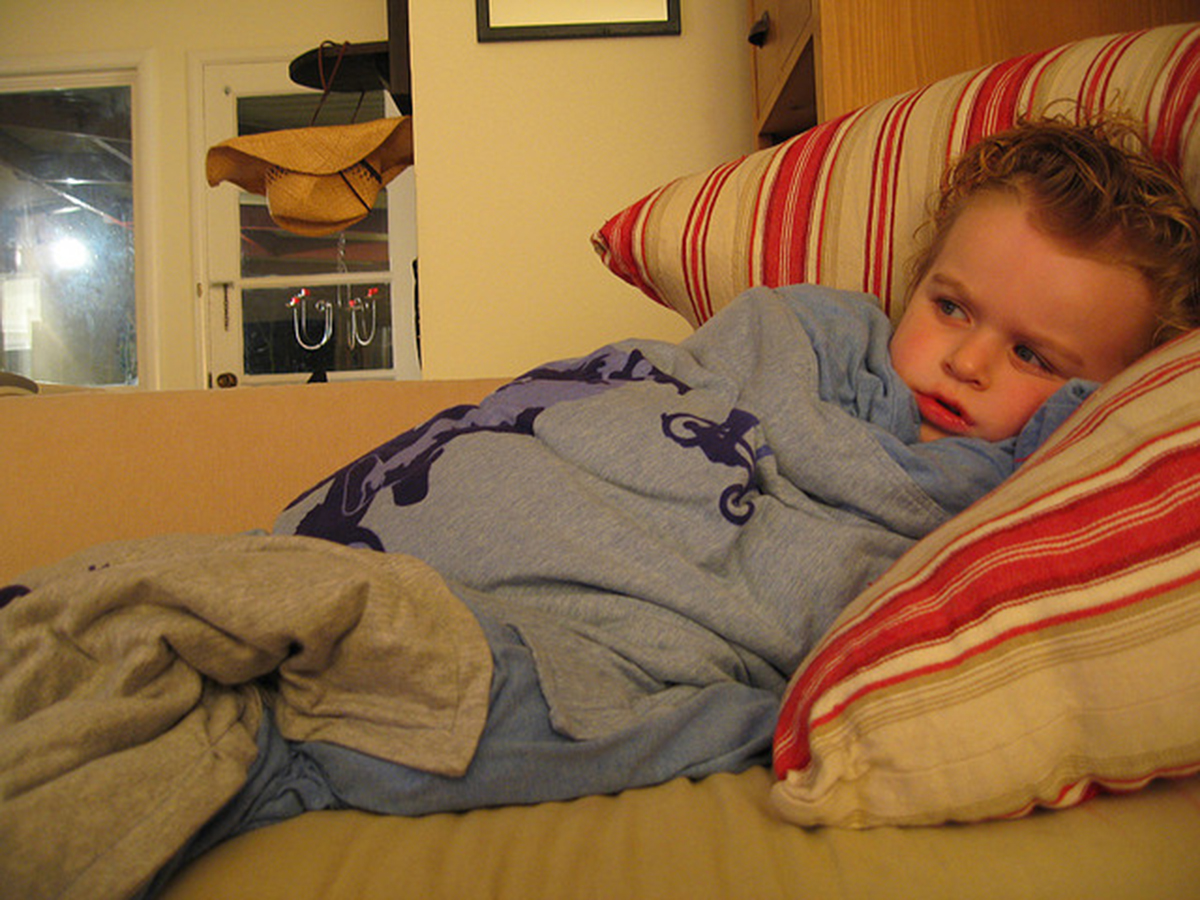Table of Contents
Some common winter illnesses may cause you to change holiday plans. But certain illnesses can also lead to complications and do more than just interfere with Christmas.
Fighting the Flu
The flu is a common viral infection that most frequently occurs during the winter months. It is mainly caused by two different viruses including influenza A and B. The virus can be contracted similar to the way a common cold is transmitted.

You probably realize you should stay away from someone who is already sick. But a person can spread the flu about a day before symptoms start and still be contagious about a week after becoming ill.
Symptoms of the flu can leave you feeling pretty miserable and include body aches and pains, fever, fatigue and headache. Vomiting and diarrhea sometimes occur, especially in children.
The flu can cause a lot more than just a ruined Christmas. Although most people recover from the flu in about a week, it can lead to complications. Flu complications include bacterial ear infections, pneumonia and sepsis. It may be surprising that flu complications can even be life threatening. According to the CDC, about 3500 die each year in the United States from flu complications.
The best way to prevent the flu is to get vaccinated each year. Although the vaccine may not provide complete protection against the flu, it can reduce the risk.
If you do get the flu this holiday season, consider heading to your doctor ASAP. Prescription antiviral medications are available that may decrease the duration of the flu.
Other than antiviral meds, there may not be much you can do if you catch the flu. Be sure to get plenty of rest and stay well hydrated. Hopefully, you’ll feel better when it comes time to ring in the New Year.
RSV and Children
The holiday season is a great time of year for people for any age, but for kids, Christmas is especially joyful. There is nothing like watching your little ones open gifts on Christmas morning. But nothing ruins Christmas faster than common childhood illnesses, such as RSV.
Respiratory syncytial virus is a very common virus that most children have contracted by the time they are three. The virus causes symptoms similar to other upper respiratory tract infections. When most people get RSV, they develop cold-like symptoms. But in very young children, adults over 65 and those with compromised immune systems, the condition can become very serious.
READ Home Remedies for Pneumonia in Children
Pneumonia is the most common serious complication. Bronchiolitis can also occur, which causes inflammation of the airways. In infants, especially those under six months, bronchiolitis can be dangerous. According to the Institute of Allergy and Infectious Disease, in the United States anywhere from 75,000 to 125, 000 are hospitalized each year due to RSV.
Symptoms of RSV include runny or stuffy nose, low-grade fever and loss of appetite. Infants may also be irritable. Although it can vary, symptoms often appear about five days after infection. If complications do not occur, most children will recover in about a week.
RSV is transmitted similarly to that of a cold or the flu. If you have older children who catch a cold, consider keeping them away from younger siblings to prevent infection.
If your child does develop symptoms of RSV, treatment usually involves home care, such as rest and fluids. In instances where wheezing is present, breathing treatments may be prescribed.
- www.niaid.nih.gov/topics/rsv/understanding/pages/quickfacts.aspx
- https://www.nlm.nih.gov/medlineplus/norovirusinfections.html
- http://www.mayoclinic.org/diseases-conditions/common-cold/basics/causes/con-20019062
- http://www.cdc.gov/flu/
- Photo courtesy of williambrawley: https://www.flickr.com/photos/williambrawley/4195919691/
- Photo courtesy of archibaldjude: www.flickr.com/photos/archibaldjude/113567152/


Your thoughts on this